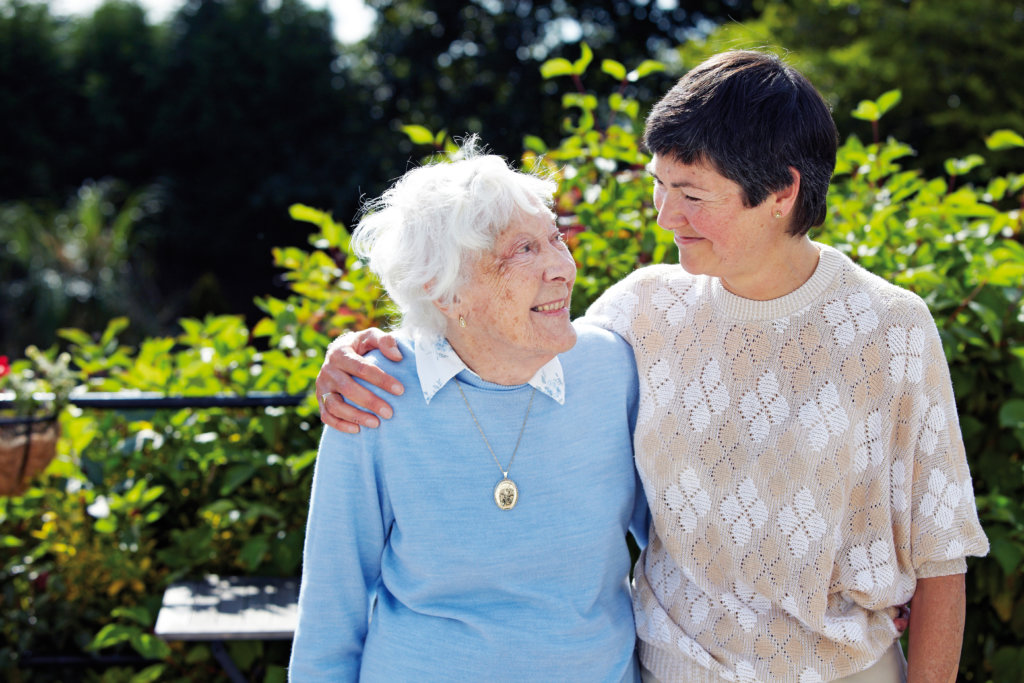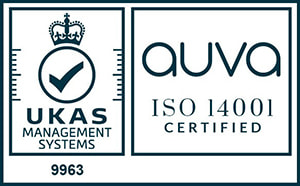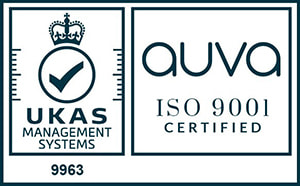
Pioneering help for vulnerable people
Who’d have thought a piece of software embedded in a boiler could provide such fundamental help for older members of our communities?
There are 850,000 people diagnosed with dementia in the UK, with numbers set to rise to one million by 2025. Dementia is a term that’s used to describe a range of different brain disorders; symptoms include memory loss, confusion and problems with speech and understanding. It’s usually progressive and severe. Alzheimer’s is the most common cause of dementia, making up two thirds of cases.
For most of us our image of life with dementia is a rather bleak one, but the reverse can be true; many people with dementia continue to drive, socialise and hold down satisfying jobs. Even as dementia progresses, it is possible to lead active, healthy lives, continue with hobbies, and enjoy loving relationships. Of course dementia does make it harder to do certain things, but with the right support and know-how, you can get the very best out of life.
Independent living
While there is no current cure for dementia, delaying its onset by five years could halve the number of deaths from the condition, saving 30,000 lives a year. And, as one in three of us will develop this disease in the future, it’s in all our interests to get involved and help increase diagnosis rates. But what can we do to provide practical help right now? Alzheimer’s Society believes that people with dementia who want to stay in their own home should be helped to do this for as long as it’s safe to do so. In fact as people get older they actually stay healthier for longer if they are more independent. There’s a knock-on effect too with reduced admissions to acute hospital care and reduced early entry into care homes. But they will need outside help and, with the nationwide crisis in social care, that help is not always the most reliable or available. If you live near a vulnerable friend or relative, then you can keep a watchful eye, but this isn’t easy if you work full time, live far away or both. The only solution is to introduce some form of remote monitoring that protects privacy. This is not as oxymoronic as it appears, but it is surprising as Intergas has developed a solution which is embedded in a combi boiler! Called the Intergas ECO RF, each boiler comes fitted with a radio frequency module; this sends and receives information wirelessly from the boiler to the relative, installer or contractor’s computer on a continuous basis.
All aspects of boiler performance can be monitored, from gas usage to managing heating and hot water requirements. For example, if it’s a freezing cold day and you can see that the heating’s not on but your relative is home, there could be a problem. If the heating system has a fault, you or your installer will know what the problem is and can effect a first-time fix. If there’s no fault it could be down to forgetfulness, common among people with dementia, and you can do something about it instantly – and you’ll need to; older people are particularly vulnerable to prolonged exposure to the cold which can lead to hypothermia.
Meeting future needs now
The remote monitoring system is available in two formats, one for the consumer (and managed by their installer) and one for social housing organisations, where up to 240 properties can be linked in one network via a single internet connection. ECO RFs are currently being installed in social housing schemes around the country to help increase duty of care to more vulnerable tenants, boost proactive servicing, which is based on usage rather than a predetermined time limit, and generate further economies through more productive call-outs.
The ECO RF retains all the features and benefits that are increasingly making Intergas a first choice for installers: simplicity – there are only 12 components, including four moving parts, and all the spares you’ll ever need are kept in one suitcase, AKA the first aid kit, and reliability – thanks to the bithermic aluminium and copper heat exchanger, it’s the only boiler in the UK that continually condenses in both heating and hot water modes.
But now that efficiency has been further increased: the new vacuum insulation reduces heat and energy losses to the minimum and ensures whisper-quiet operation, and its A-rated pump, which halves energy consumption, is already 2015-compliant ahead of new legislation to be introduced under the Energy-Related Products Directive this September.
None of us wants to think about the consequences of growing old, becoming infirm or having to rely on others, but we need to plan ahead and look at pioneering and practical solutions to problems that few of us will avoid.






